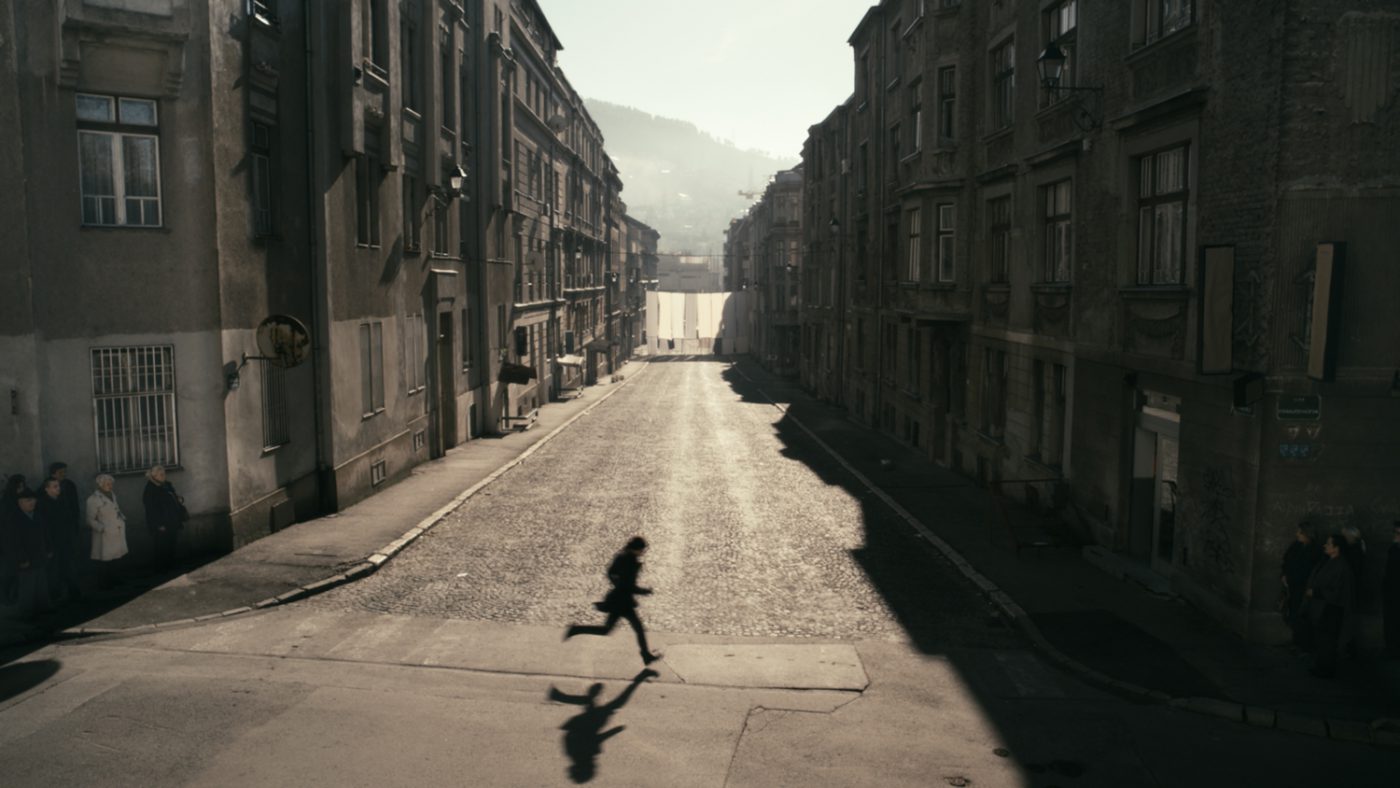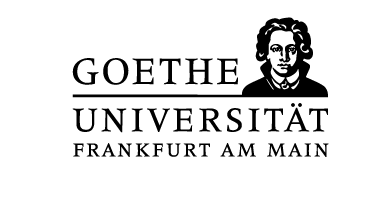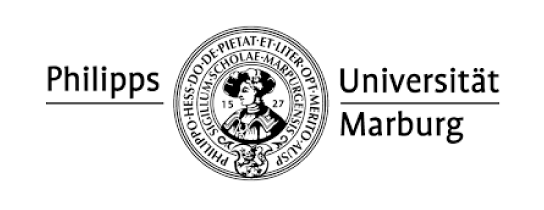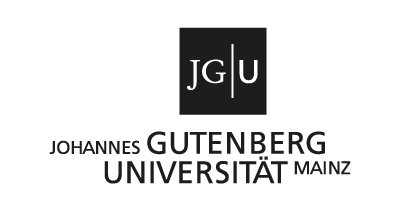Beyond Post-War Cinema. Historical Experience and Cultural Agency in Post-Yugoslav Film
Bosnia-Herzegovina is still considered a post-war country, both by its inhabitants and external observers. The concept of ‘post-war’ implies that the country and its people are tied more strongly to the past than they are oriented towards the future. A post-war society appears to be permanently overshadowed by the past, while the future is permanently postponed. Paradoxically, as long as the future is kept at bay and the post-war condition kept alive, Bosnia maintains a certain significance on the global scene. However, living in the temporal vacuum of the post-war condition cannot be a long-term perspective. But when and how will the status of a ‘post-war’ society be lifted?
Inevitably, war is a major topic in contemporary post-Yugoslav films. The experience of war comes to the fore in cinema either through conventional representation or through what one could call, drawing on a concept of Gilles Deleueze, strategies of non-representation. By conventional representation I mean clichés and images with definite and stabilized meanings, which produce no further associations. Non-representation, on the other hand, refers to images that encourage attentive spectatorship, evoke various and conflicting experiences, and are open to multiple layers of meaning.
A range of post-Yugoslav films produced from 2001 provides spectators with non-representational images that offer innovative approaches to the collective past, while simultaneously reframing contemporary experience. What I propose to call non-representational images in post-Yugoslav cinema appears to offer a more dynamic relationship to the past and the present, while reflecting complex processes of the formation of collective and individual identity, memory, guilt, and responsibility. But if these dynamics are inherent in non-representational images, is there indeed a way in which such images can contribute to overcoming the post-war condition? In particular I want to investigate how contemporary images of war shape film aesthetics in post-war Yugoslav cinema, and to what extent non-representational strategies and their reception contribute to the process of reconciliation.

Profile
Asja Makarevic is a recipient of a stipend from the Heinrich Böll Foundation.





